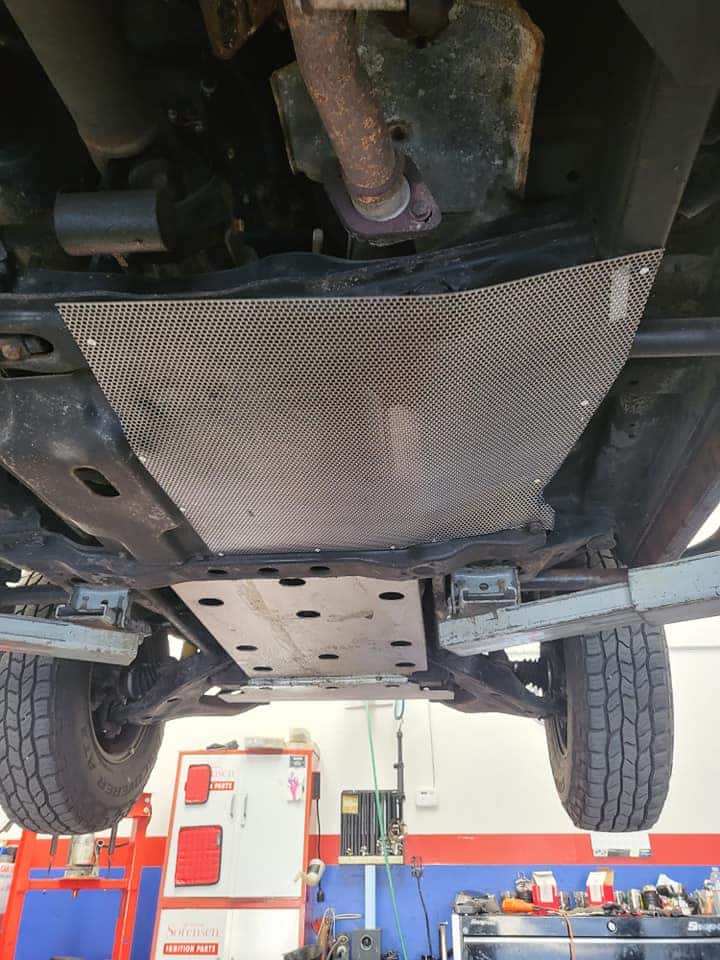Your vehicle is a hefty investment, and like any other investment, it demands proper care and attention to yield worthwhile returns. One of the most crucial, yet often overlooked aspects of vehicle maintenance is the regular oil change.
What is an Oil Change?
To the uninitiated, an oil change might seem like a simple process of draining out old oil and replacing it with fresh oil. But it's more than that. It's a procedure that maximizes the life of your vehicle's engine by minimizing friction, removing engine wear particles and sludge, and improving fuel efficiency.
Frequency of Oil Changes
The question of “How often should your vehicle's oil be changed?” is not one-size-fits-all. It depends on several factors including your vehicle's make and model, your driving habits, and the type of oil you use. However, a general rule of thumb is that an oil change should be performed every 3,000 to 5,000 miles. For vehicles using synthetic oil, this interval can be extended up to 7,000 to 15,000 miles.
Consider this: If you're driving an average of 12,000 miles per year and getting your oil changed every 3,000 miles, you're looking at four oil changes a year. But if you're using synthetic oil and getting changes every 7,500 miles, you reduce the number of oil changes to just once or twice a year. That's a significant reduction in maintenance costs over the lifespan of your vehicle.
Impact of Regular Oil Changes
1. Engine Performance: Fresh oil reduces friction between moving parts, which minimizes wear and tear on the engine. It also keeps the engine clean by preventing the buildup of sludge and debris. Overall, regular oil changes enhance engine performance and lifespan.
2. Fuel Efficiency: Less friction means the engine runs more smoothly, which improves your vehicle's fuel efficiency. Over time, this can translate into significant savings on fuel costs.
3. Environmental Impact: Used engine oil contains harmful pollutants. When oil is regularly changed and properly disposed of, it reduces potential harm to the environment.
Choosing the Right Oil for Your Vehicle
Not all engine oils are created equal. They come in various types – conventional oil, synthetic oil, and synthetic blends, with each having its unique properties and benefits. Your vehicle's manual typically specifies the type of oil that's best for your car. It's crucial to adhere to these specifications to ensure optimal engine performance.
Final Thoughts
Regular oil changes are more than just a routine maintenance task. It's an investment in your vehicle's health and longevity. Don't wait till your engine starts making strange noises or emitting smoke to pay attention to its needs.
Trust the expert team at Sartorial Auto Repairs to handle your oil changes with precision and care. Our experienced professionals understand what your vehicle needs to stay at peak performance. So, if you're in Sonoma County, Santa Rosa, or Rohnert Park, California, book an appointment with us today to maximize your vehicle's mileage and ensure a smooth and efficient drive.












